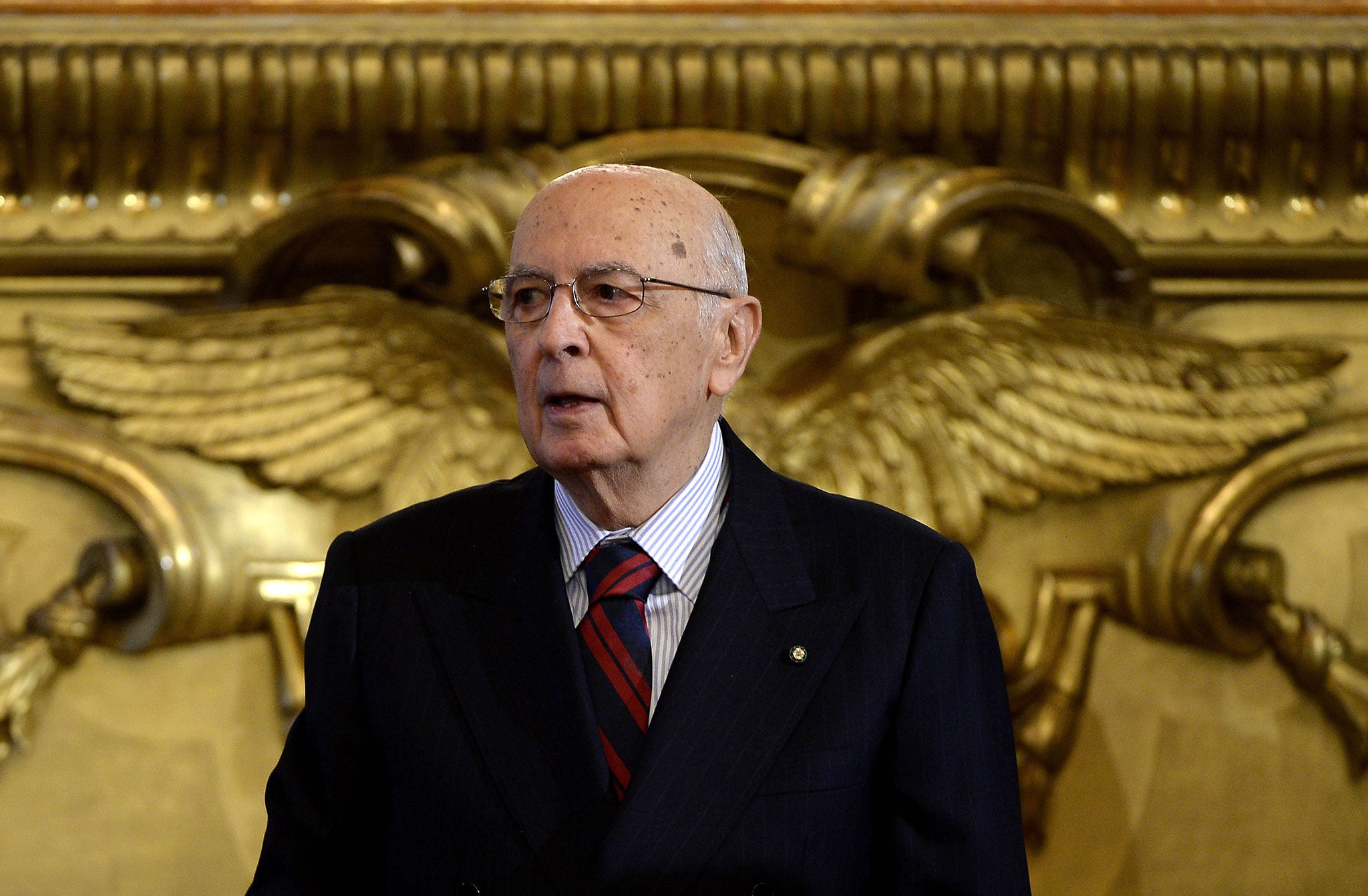Holland is proof that the less power a monarch has the more we seem to love them
When nations fall into crisis, their populations cry out for the saviour figure


The phrase jumped out. “This is a message to the kafir female devil and self-proclaimed Queen Elizabeth and her accursed jubilee,” the Islamist would-be terrorists from Birmingham declared this week, “fooling a nation of blind sheep…”
Elsewhere we’ve heard about drunken, high-camp celebrations in Amsterdam, with thousands of Dutch people in orange wigs and fake ermine ironically proclaiming their loyalty to their new king, Willem Alexander.
These two very different nuggets from the zeitgeist bear the same message: hate it or love it, anathematise or ironise it, monarchy still matters. Nor is this a phenomenon confined to northern Europe. Italy abolished its monarchy in a referendum after the Second World War (there are dark rumours that it was rigged), and even today it pleases Italians to refer sneeringly to the British as “subjects”, rather than free citizens of a republic like themselves. Yet it is remarkable how, with the established parties in free-fall and the political system crumbling, the only person able to hold the show together was President Napolitano. The graver the crisis grew, the greater the powers this aged grandee of the old Italian Communist Party assumed, until, quite unable to sort out the problems themselves, the political leaders went to him cap in hand – subject-like – and implored him to serve another seven-year term, by which point he will be 94: Re Giorgio I in all but name.
Republics, like the euro, are fine for the good times, it would seem, but the dark political valleys demand something more than the sharp political skills, the agility and ventriloquism that democracy teaches. When a nation cries out for a saviour, it is in the mystical form of a monarch. After the flight of the Taliban from Kabul in 2001, in that hectic moment of hope and fear and confusion, I went from one Afghan to another asking, what do you want now? In almost every case the answer came back: give us our king. So insistent was the demand that Mohammed Zahir Shah was indeed brought back from retirement in Rome. Far too old to be of any use, he should, of course, have refused.
Because when people ask for monarchy, at the back of their minds they know they are asking for something impossible – for a superhuman to sort out all their woes. The genius of Britain’s Glorious Revolution was to go to vast lengths and huge expense to preserve monarchy’s mystique, while taking a brutally sharp knife to its powers.
All the world’s other successful monarchies have followed the same path, clinging to the ermine and the heraldry as their discretionary powers are slashed back to nothing. If they are sensitive and self-disciplined enough, they can come to embody the nations of which they are symbols. Beatrice and her son Willem-Alexander personify Holland’s informality and secularism. Japan’s Hirohito, the god-emperor, was brought brutally down to earth by General MacArthur, and, ever since, the imperial family has captured something fragile at the heart of the Japanese industrial machine.
In that sense, Crown Princess Masako, the former commoner married to the heir to the throne who has been suffering from stress-related depression for more than a decade, fits the bill perfectly.
So whatever happened to the qualities that traditionally defined a monarch – the power to wage war, amass great fortunes, commit entire populations to servitude on a whim? In one of the weirdest ironies of our age, most of the contemporary figures who behave like real monarchs turn out to be Marxists: not only Pyongyang’s Kims, but also Pol Pot, Ho Chi Minh, Jyoti Basu who ruled West Bengal with an iron fist for decades, Ceausescu of Romania, Enver Hoxha of Albania. Worshipped and adored, hated and feared, true to the old kingly ideal. Prince Charles occasionally shows signs of wanting to set off down that road. One hopes he will not be given the opportunity.
Now Cecile knows what she’s up against
Italy took a great step forward this week with the appointment to the new cabinet of the first black person ever to serve as a minister. Cecile Kyenge, who was born in the Congo and now lives in Modena with her native Italian husband, will be Minister for Integration in Enrico Letta’s government.
The country then took an equally large step backwards when her appointment was greeted by cries of “bonga bonga” from the Northern League, and warnings that she would try to “impose tribal traditions” in Italy.
This was depressing but not surprising: with the arrival of immigrants in large numbers in the past few years, Italy’s grand traditions of liberality and generosity have gone up in smoke. When Kyenge announced that she wanted to make it easier for the children of immigrants who were born in Italy to obtain Italian citizenship, the Northern League went on to denounce her as a “symbol of a hypocritical and do-gooding left that wants to cancel out the crime of illegal immigration”.
Football star Mario Balotelli rushed to her defence and may be a useful source of advice: the abuse he has had to brush off in Italy includes the banner displayed during one match which declared simply, “Black Italians don’t exist.”

Join our commenting forum
Join thought-provoking conversations, follow other Independent readers and see their replies